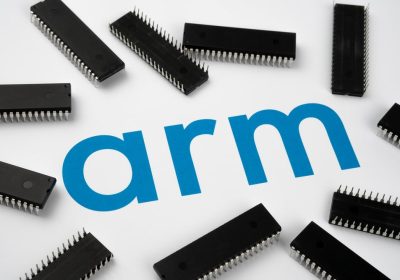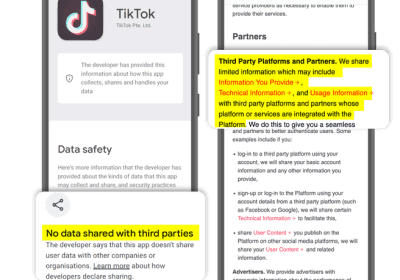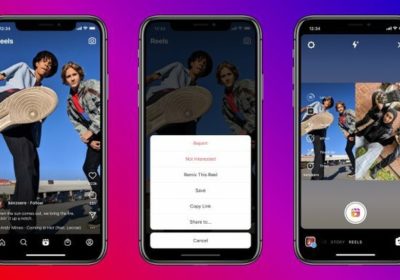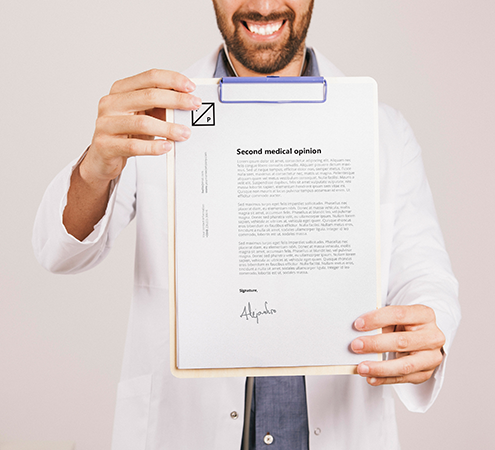What’s Enough?
The feeling that you have eaten enough is also called satiety. When you are full, you automatically stop eating. You have eaten so much that you are no longer hungry for the time being, and you can continue until the next meal, for example. For many people, it is quite difficult to feel satiation. They do not listen (anymore) to the signals from their body. For example, they always finish their plate without feeling that they may have had enough by two thirds.

Complicated process
The saturation process is a complicated one. When you eat, the food enters the stomach. Many people think that expanding your stomach makes you ‘full’ and then you stop eating. It’s not that simple, because stomach dilation is just one part of the complete hunger and satiety system. Much more important are the satiety hormones. These are produced when you start eating and they send a signal to the brain that you have eaten enough. These hormones are made by your intestines.
Cook yourself
Your body needs time to make the satiety hormones. On average this takes 20 minutes. If you eat quickly, it may already be that you eat too much before your hormones can give the brain that ‘I am full’ signal. This is especially true for meals that bite away quickly, such as fast food meals. Cooking yourself also helps with satiety. Already during cooking, the body prepares for the meal to come. For example, you already produce some extra saliva and the production of satiety hormones already starts.
Short night? Extra hungry
There are many factors that play a role in the production of the satiety hormones. For example, it is known that after a short night you produce less satiety hormones the next day. You are then extra hungry. Also during and after following a strict weight loss diet, the body produces less satiety hormones and you are hungrier.
That’s how you help yourself
Do you know about yourself that you have trouble noticing that ‘I am full’ signal and that is why you often overeat yourself? These are the best tips:
- Cook yourself to prepare your body for the meal.
- Eat slowly and chew very well. Just put a stopwatch with your meal. A meal should last at least 20 minutes, that is how long it takes for the satiety hormones to do their job.
- Choose fiber-rich foods that you need to chew well. Granola, nuts, raw vegetables, fruit, whole grain pasta, brown rice, jacket potatoes. Chewing stimulates your digestion and slows down your eating. The fibers also provide a longer filled feeling.
- Get a good night’s sleep and don’t put yourself on a crash diet.
- Don’t brag twice. Rather serve in the kitchen than put the pans on the table.
Learned young
Children naturally have an excellent feeling of hunger and satiety. It’s very important for them to keep that intact – it helps them maintain the correct weight later on. As a parent you can help with that. How? By not forcing children to finish their plates at mealtimes – and by respecting them when they say they’ve had enough. It is also important to take time before meals and to eat slowly. With this rule, that innate feeling of satiety is preserved. The trick is not to give them all sorts of extras in between, because then the hunger feeling is not stimulated. The golden rule is: you decide what is on the plate. Your child determines how much it eats. In this way you invest in a healthy future for your child!











